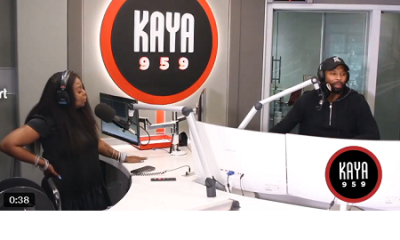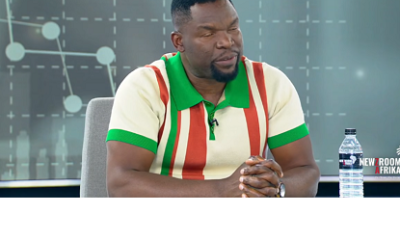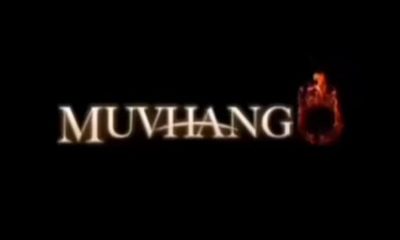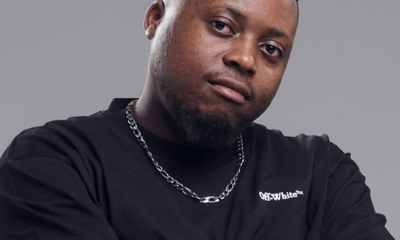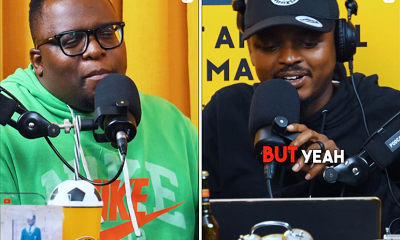News
President Ramaphosa Intervenes in SETA Appointment impropriety to Curb Fallout
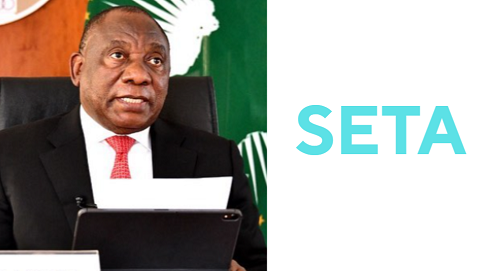
President Cyril Ramaphosa has quietly stepped into the growing scandal surrounding Higher Education Minister Nobuhle Nkabane, following revelations of irregularities in the appointment process of Sector Education and Training Authorities (SETA) board members.
According to insider reports, Ramaphosa—along with top ANC officials at Luthuli House—advised Minister Nkabane to issue a formal apology to Advocate Terry Motau SC, whose name was controversially listed as chair of an “independent panel” that never officially existed. Motau publicly denied any involvement, stating he was never formally appointed nor did he attend any panel meeting.
The president’s intervention, while not made through official channels, signals a move to contain political embarrassment and restore credibility to a process that has raised serious questions about transparency, ANC cadre deployment, and procedural oversight within the department.
Minister Nkabane’s apology, sent to Motau on Monday, was framed as an attempt to “clarify a misunderstanding” and maintain professional respect. Her department released a carefully worded statement noting that the apology was made in the spirit of transparency and accountability.
However, sources suggest the apology was not spontaneous. It came after behind-the-scenes pressure from the Presidency and ANC leadership, who were concerned that the situation could spiral into a broader governance scandal with implications for both Parliament and the party.
Furthermore, the Minister, Nkabane, was reportedly advised to stop speaking to the media. This unusual directive suggests that senior leaders feared further public comments could deepen the crisis or contradict the official narrative.
This strategic silence points to a coordinated damage control effort. By taking the matter behind closed doors, the Presidency may be trying to minimize political fallout ahead of Nkabane’s expected appearance before Parliament’s portfolio committee on higher education next month.
While the apology may offer temporary relief, the issue has already drawn attention to deeper concerns: the blurring of lines between political loyalty and public accountability. Nkabane’s admission that the panel included names of ANC-aligned individuals adds fuel to long-standing criticisms of cadre deployment within critical governance institutions.
The inclusion of a high-profile legal figure like Advocate Motau—without his knowledge or consent—has only intensified those concerns, casting a shadow over how appointments to public boards are handled.
So what comes next? – Even as the Minister has pledged to brief Parliament and clarify the roles of individuals like Luvo Makasi, whose involvement in the panel remains unclear. But with her credibility under strain and Ramaphosa’s office now indirectly entangled, the stakes are much higher.
The question now is whether this intervention is enough to calm the storm, or just the beginning of more serious accountability battles within South Africa’s higher education and political leadership. There is more coming for her.

